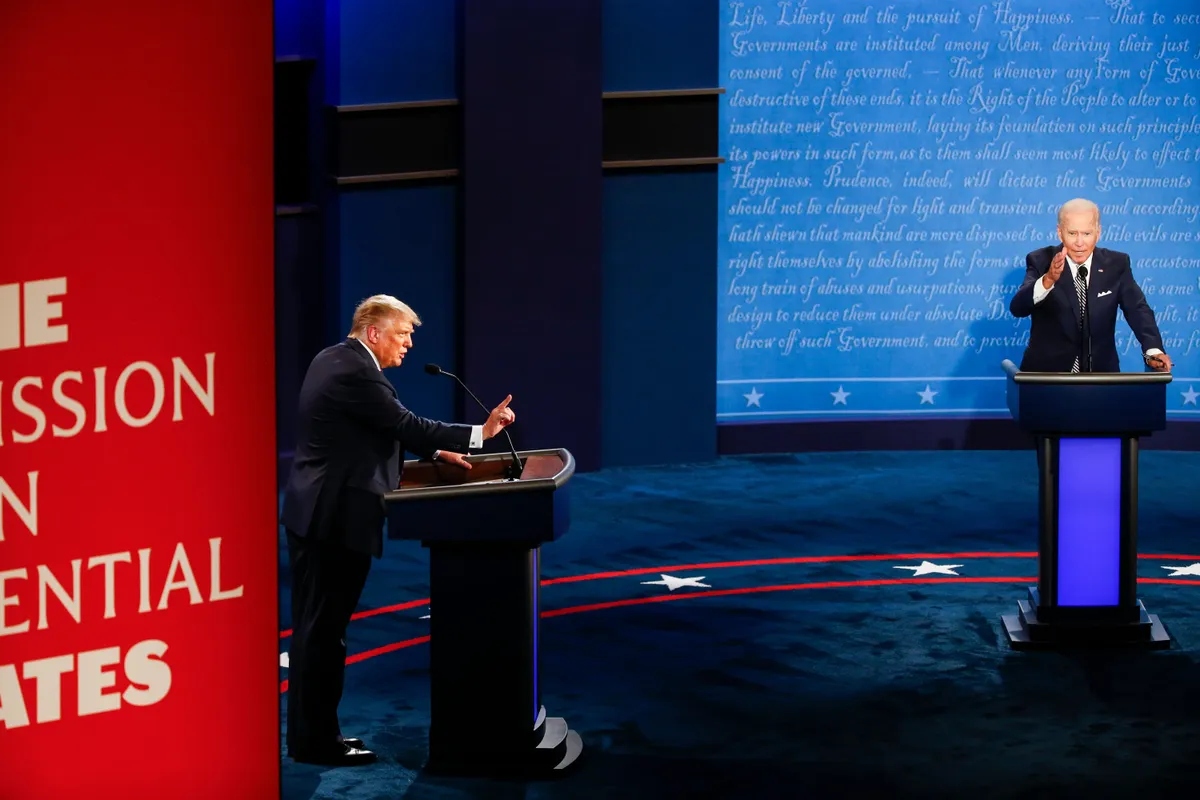Headlines
US Presidential Debate: Biden vs. Trump: Black Voter Concerns, Immigration, and Climate Policies Explained

During the Presidential debate, President Joe Biden responded to the concerns raised by Black voters regarding the progress made in their communities during his first term. Biden acknowledged their frustrations and stated that although some strides had been made, there was still more work to be done. He highlighted his administration’s initiatives, such as significant investments in historically Black colleges and universities (HBCUs), expanded healthcare access, and programs aimed at boosting home ownership and small businesses in Black communities.
Former President Donald Trump, a vocal critic of Biden’s presidency, attributed the current inflation and job losses in Black communities to Biden’s immigration policies. Trump claimed that Biden’s open border policy had hurt Black communities the most, as they were losing jobs due to the large number of people entering the country.
In response, Biden attributed the roots of inflation to policies implemented during Trump’s administration. He defended his economic strategy, stating that his team had been working tirelessly to stabilize the economy and bring prices down.
The discussion also touched on climate change, with Trump defending his administration’s approach during his term. He claimed that they had implemented effective policies that balanced economic growth with environmental protection. Biden countered by pointing out Trump’s decision to withdraw from the Paris Agreement, which, according to Biden, set back global climate leadership. Biden emphasized his commitment to rejoin the agreement and implement robust climate policies that promote renewable energy and reduce carbon emissions.
As the 2024 election approaches, these debates over critical issues are expected to intensify. Both candidates are presenting their visions for the future and addressing concerns from all American voters, including those from Black communities, immigration policies, and climate change initiatives. The coming months will undoubtedly be pivotal in shaping the national dialogue and determining the course of the country.
